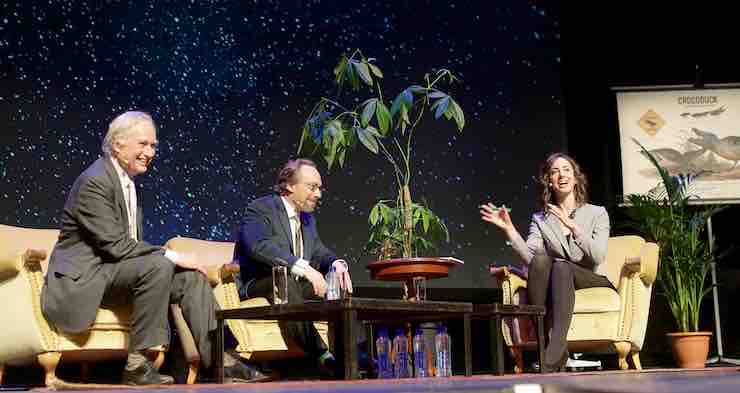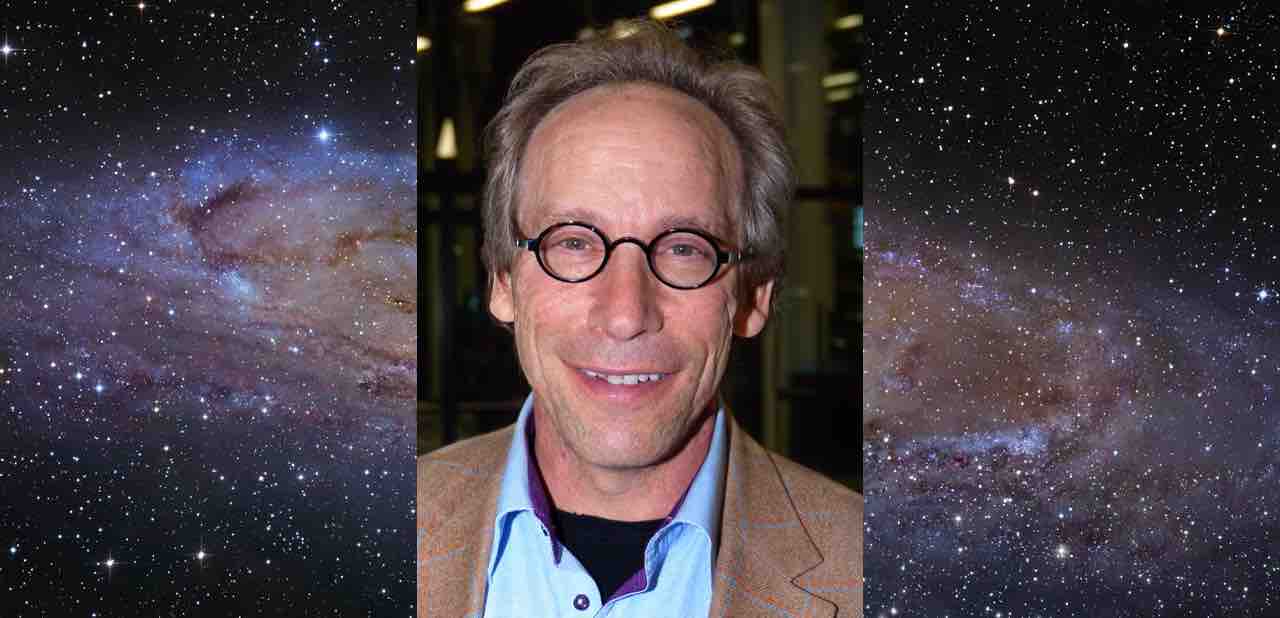We met Lawrence Krauss, theoretical physicist, cosmologist and writer, born in New York. He has taught at Arizona State University, Yale University, and Case Western Reserve University. Krauss is the author of several bestselling books, including “The Physics of Star Trek” (1995) and “A Universe from Nothing” (2012). This is what he told us about his theories about the Universe.
It is more likely that we are in a Universe with a finite space, which expands and contracts, like our lungs when they breathe, and with an infinite time; or does time not exist, and is the Universe infinite?
It is most likely that we are in a finite space, which will continue to expand forever at a faster and faster rate. After a finite time most of the galaxies we can now see will have disappeared beyond the causal horizon, and observers in 10 trillion years or so (not on our planet, which will long before have disappeared), will look out and see what appears to be an eternal, empty space.
If the Universe can expand and contract, in the future will we be able to “bring” portions or parts of the Universe closer together, to bring stars and planets light years away from us? And by approaching a part of the Universe, will we be able to travel without time slowing down for us, and without time dilating behind us?
Our galaxy is not expanding with the universe. Distant galaxies are receding from us, and doing so ever more quickly. We will never be able to travel beyond our galaxy to catch up to them. If we can achieve speeds approaching lightspeed, then time will indeed dilate for us.
Do you think that black holes, located in each galaxy, could be links with other parallel Universes? Perhaps there are many Universes, which like our lungs, breathe: contracting and expanding. When one Universe expands, it crushes the second Universe that is next to it, causing it to shrink; and then the latter expands, making the other smaller. As if it were a symphony of giant lungs, one next to the other.

We don’t know what lies beyond the singularity of a black hole. Perhaps it could be a portal to another universe, but there is no real physics that suggests it should be. There could be many universes but the space between them will be expanding faster than the universes so they will never meet. And, if the universes are in other dimensions that isn’t a worry in any case, they can cross like ships in the night without ever knowing the other was there.
Leggi anche -> [EXCLUSIVE INTERVIEW] Dr David Richwine answers our questions
What is your book to which you are most attached, and which has opened your mind more, making you navigate to the limits of your imagination? And why is it so important to leave the Earth with the imagination, and go away millions of light years, to understand the unknown?
My book, “Atom“, was perhaps the boldest in scope, but my book “A Universe from nothing” reflected how dramatically our picture of the universe has changed in the past 50 years..Imagination is a great gift. It would be a pity to spoil things by wasting it.

